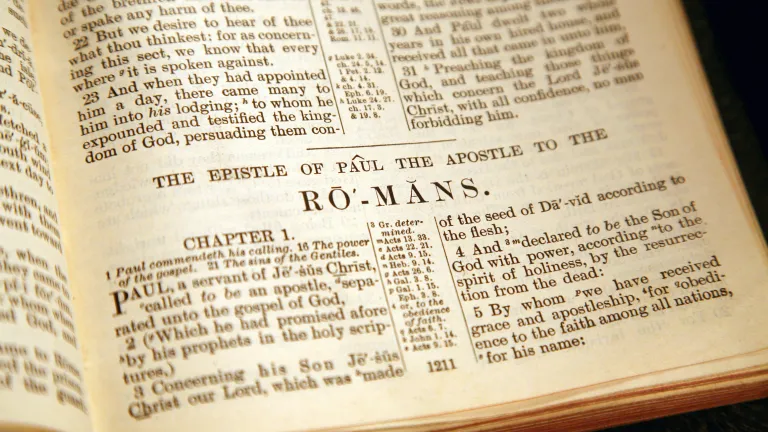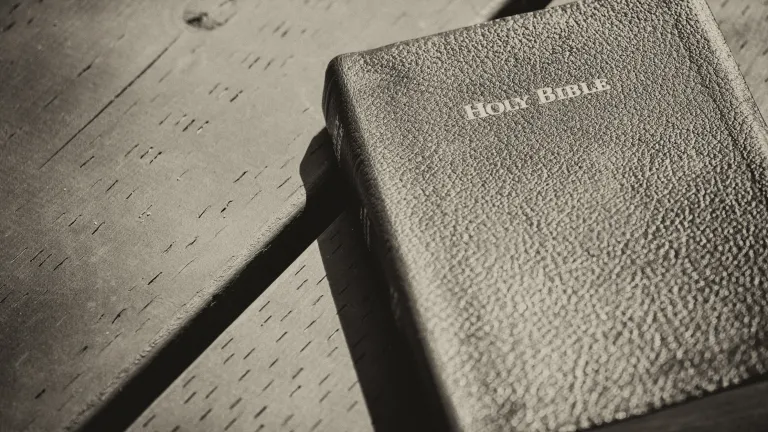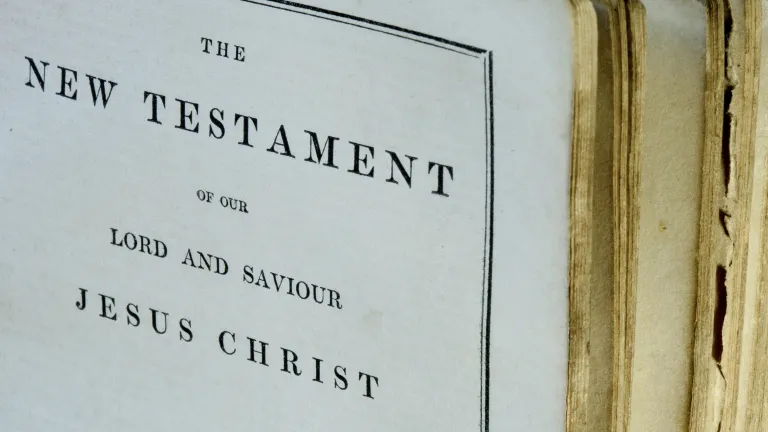Understanding 'Unclean' in Romans 14

Paul's point is that the possible association of a particular food with idolatrous activity had no bearing on whether the food was suitable for eating.
Does Paul's statement in Romans 14:14 —"I know and am convinced by the Lord Jesus that there is nothing unclean of itself"—mean the early Church made no distinction between clean and unclean meats?
An understanding of Greek terminology can help us here.
It is important to realize that the New Testament writers referred to two concepts of unclean, using different Greek words to convey the two ideas. Unclean could refer to animals God did not intend to be used as food (listed in Leviticus 11 and Deuteronomy 14). Unclean could also refer to ceremonial uncleanness.
In Romans 14 Paul uses the word koinos, which means "common" (W.E. Vine, Vine's Complete Expository Dictionary of Old and New Testament Words, 1985, "Unclean," p. 649). In addition to the meanings of "common" and "ordinary," as used in English (Acts 2:44; Acts 4:32; Titus 1:4; Hebrews 10:29; Jude 1:3), the word also applied to things considered polluted or defiled. This word, along with its verb form koinoo, is used in Mark 7:2-23, where it obviously refers to ceremonial uncleanness in the incident when the disciples ate without having first washed their hands.
Through a concordance or similar Bible help you can verify that koinos and koinoo appear throughout the New Testament to refer to this kind of ceremonial uncleanness. Something could be "common"—ceremonially unclean—even though it was otherwise considered a clean meat.
An entirely different word, akathartos, is used in the New Testament for animals Scripture specifies as unclean. In the Septuagint (the Greek translation of the Old Testament in wide use in Paul's day), akathartos is used to designate the unclean meats listed in Leviticus 11 and Deuteronomy 14.
Both words, koinos and akathartos, are used in Acts 10 in describing Peter's vision of the sheet filled with "all kinds of four-footed animals of the earth, wild beasts, creeping things, and birds of the air" (Acts 10:12), both clean and unclean. Peter himself distinguished between the two concepts of uncleanness by using both words in Acts 10:14. After a voice told Peter to "kill and eat," he replied, "I have never eaten anything common [koinos] or unclean [akathartos]." Most Bible translations distinguish between the meanings of the two words used here. Peter used the same terminology in Acts 10:28 and Acts 11:8 in discussing this vision.
When Paul said in Romans 14:14 that "there is nothing unclean [koinos, or 'common'] of itself," he was making the same point he had made earlier to the Corinthians, as explained in the next chapter of this booklet: Just because meat that was otherwise lawful to eat may have been associated with idol worship does not mean it is intrinsically unfit for human consumption. As seen from the context, Paul wasn't discussing biblical dietary restrictions at all.
Paul goes on to state in Romans 14:20 that "all food is clean" (New International Version). The word translated "clean" is katharos, "free from impure admixture, without blemish, spotless" (Vine, "Clean, Cleanness, Cleanse, Cleansing," p. 103). Clean meats as such aren't addressed in the New Testament, so there isn't a specific word to describe them. Katharos is used to describe all kinds of cleanliness and purity, including clean dishes (Matthew 23:26), people (John 13:10) and clothing (Revelation 15:6; Revelation 19:8-14), "pure" religion (James 1:27), gold and glass (Revelation 21:18).
Realize also that, in both Romans 14:14 and Romans 14:20, the word food or meat isn't in the original wording. No specific object is mentioned relative to cleanness or uncleanness. The sense of these verses is merely that "nothing [is] unclean [koinos: common or ceremonially defiled] of itself," and "all is clean [katharos: free from impure admixture, without blemish, spotless]."
Paul's point is that the possible association of a particular food with idolatrous activity had no bearing on whether the food was suitable for eating.






